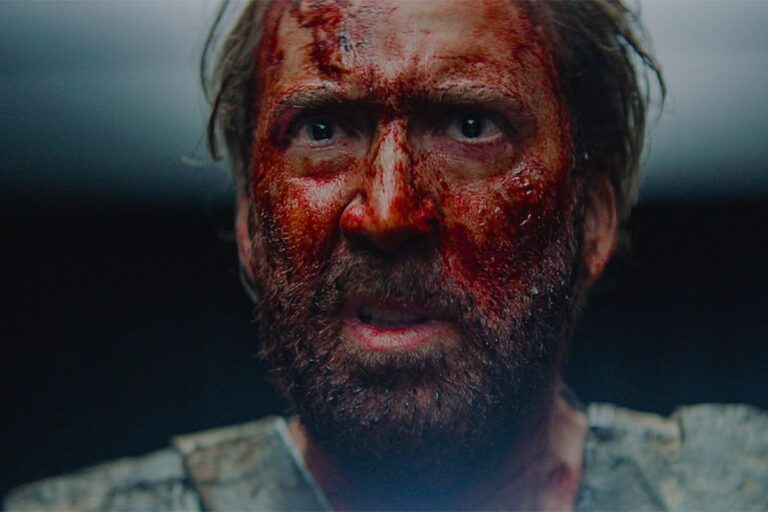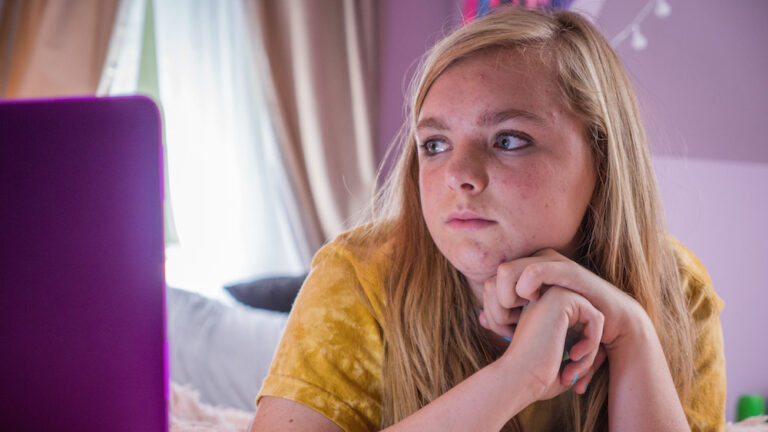Year In Review: Film
The Top 10 Films Of 2018


Mandy

Eighth Grade
Latest Article|September 3, 2020|Free
::Making Grown Men Cry Since 1992


Mandy

Eighth Grade
